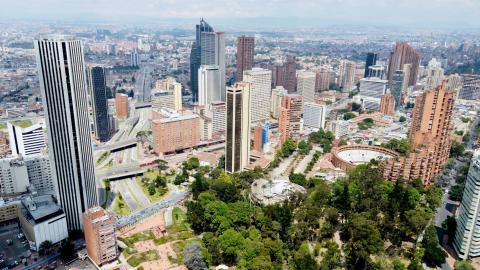
Senegal intends to conditionally reduce its greenhouse gas (GHG) emissions by at least 23% by 2030. The country’s nationally determined contributions (NDCs) under the Paris Agreement outline two main goals relating to the energy transition: increasing the share of renewable energy in the national energy mix to 40% by 2035 by increasing renewable energy capacity; and increasing the use of natural gas to replace fuel oil and coal-fired power plants. Senegal is also a leading producer of critical minerals such as zircon, titanium and phosphate.
Natural gas forms a large part of Senegal’s climate targets and lies at heart of the country’s 2018 Gas-to-Power strategy, which aims to provide universal power access. To support these national priorities, data and multi-stakeholder dialogue will be key to inform sustainable transition pathways and monitor climate commitments.
Data reported through the EITI can serve as an entry point to inform debate and policymaking related to Senegal’s climate targets and in the expansion of critical mineral mining. EITI data-driven forecasting can help to address the economic implications of the energy transition and provide evidence for policymakers to manage risks and leverage opportunities.
Contenido relacionado





